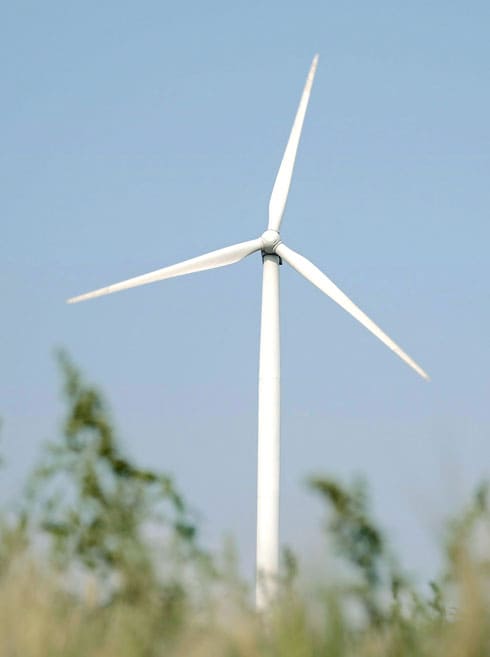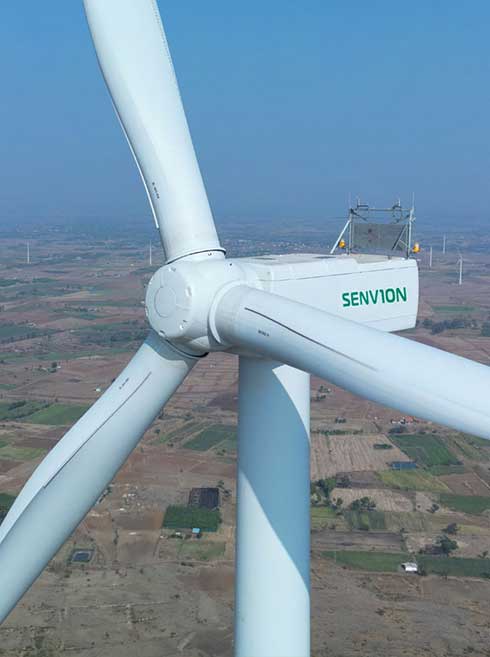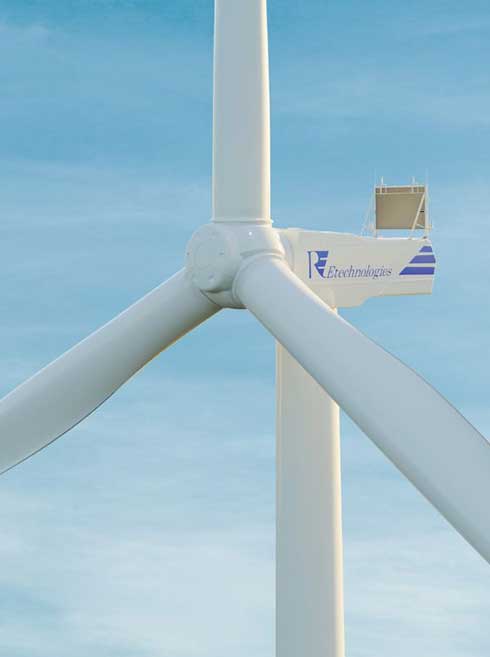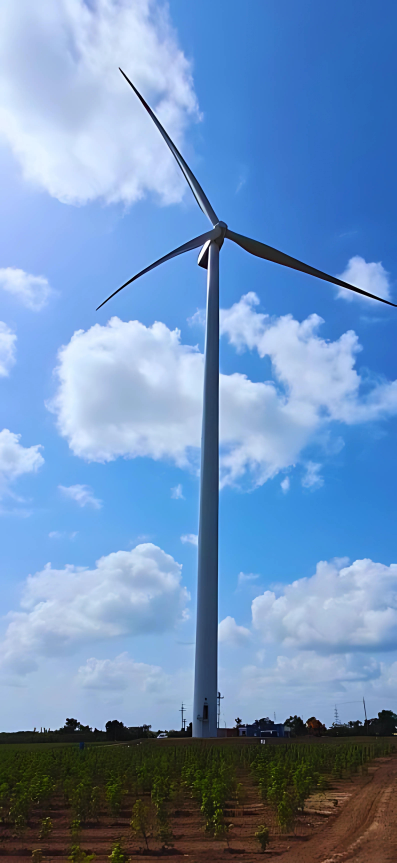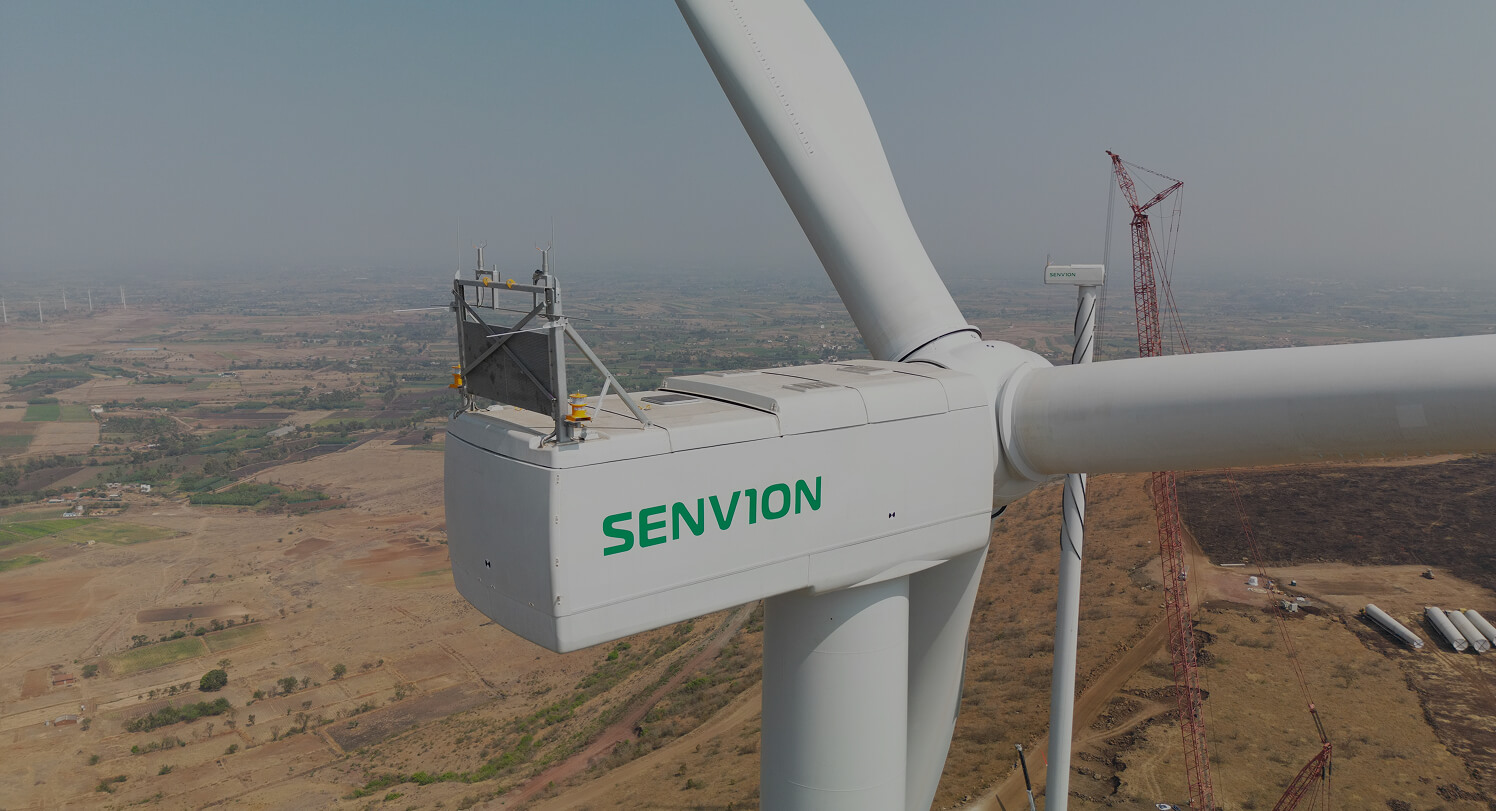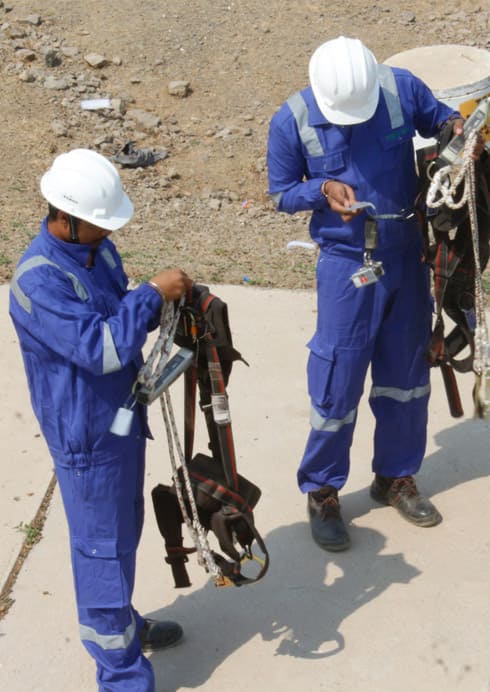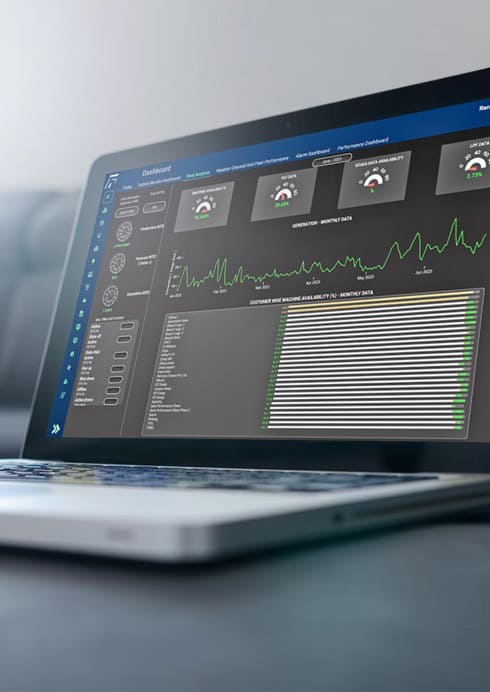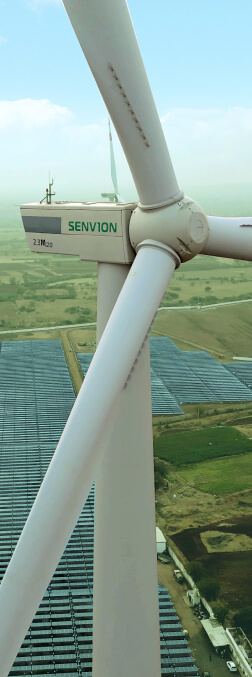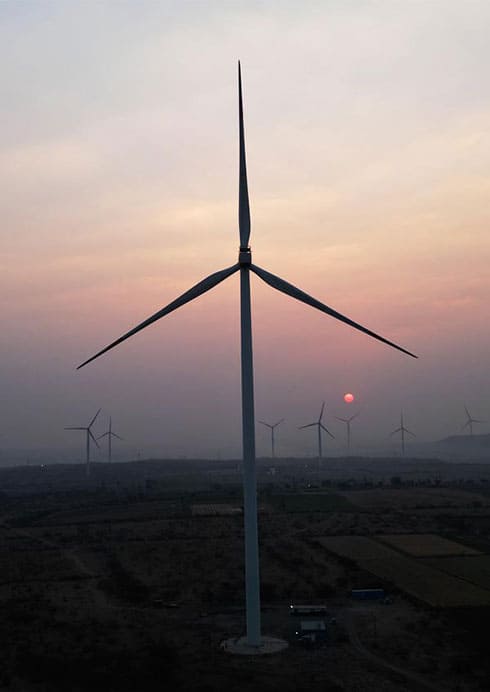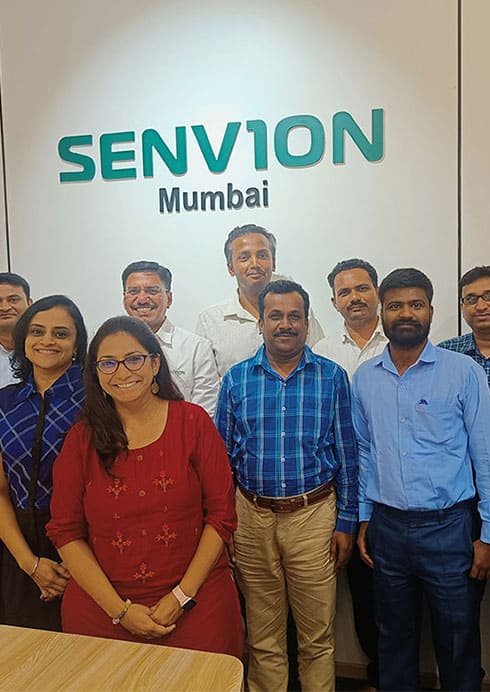Senvion's Path to Sustainability
Our Commitment to
a Sustainable Tomorrow
At Senvion India, sustainability is at the core of our mission. We engage with diverse stakeholders to identify ESG-related material topics, drawing insights from customer surveys, industry trends, and regulatory agencies. In 2022, we appointed CareEdge Advisory to integrate ESG principles into our processes and conduct our first materiality assessment. Our ESG Executive Oversight Committee has reviewed this assessment to ensure alignment with our policies, strategy, and risk priorities.
The material topics for the FY 2022–23 reporting year are detailed below, reflecting our commitment to sustainability and responsible business practices. Stakeholder involvement, openness, and adherence to sustainability best practices are the driving forces behind our journey toward ESG integration.
Driving Sustainable Energy: A Message from Our CEO

The technology Senvion delivers has the potential to contribute to the achievement of all 17 United Nations Sustainable Development Goals (SDGs). Senvion’s core contribution to the SDGs is primarily through SDG 7 (clean and affordable energy) and SDG 13 (climate action). These two SDGs are central to Senvion’s business as a wind technology company that creates green energy, orchestrates ecosystems, and works across trusted partnerships to create a positive impact at scale. With this approach, Senvion enables the public and industrial sectors to access green energy that helps them accelerate progress towards targets in key areas related to, but not limited to, SDG 13 (climate action), SDG 12 (responsible production and consumption), and SDG 4 (education). Senvion’s sustainability targets on climate, responsible business practices, and production systems contribute to the ambitions behind the same SDGs.”
Amit Kansal
CEO & MD
ESG Targets
Environment
| KPI | Unit | CY 2022 | 2025 | 2030 | 2040 | UNSDG |
|---|---|---|---|---|---|---|
Decarbonization of business –
|
% Recyclability |
Not Measured | 50% | 75% | 100% |  |
| Carbon emission reduction (Scope -1 – own manufacturing)
|
(kWh) conventional energy consumed | Baramati -313959 Units (Apr22-Mar2023) Trichy -4021340 Units(Sep22-Mar 23) | 25% reduction from 2022 | 25% reduction from 2025 | 25% reduction 2030 | |
| Carbon emission reduction (Scope - 3 : Tier 1 & 2 vendors) |
CO2e emissions reduced | 0% | 50% | 75% | 100% |
Social
| KPI | Unit | CY 2022 | 2025 | 2030 | 2040 | UNSDG |
|---|---|---|---|---|---|---|
| Elevate marginalized society by providing access to better education & healthcare facilities | No. of beneficiaries reached | Not Measured | 2500 | 5000 | 10000 | |
| Globally Best in class LTIFR | LTIFR | 0 | < 2 | < 1.5 | < 1 | |
| Share of women in work force with equal opportunities | % | 5% | 10% | 15% | 20% |
Governance
| KPI | Unit | CY 2022 | 2025 | 2030 | 2040 | UNSDG |
|---|---|---|---|---|---|---|
| Compliance and responsible business training | % of compliance | Not Measured | 100% | 100% | 100% | |
| Business ethics | % of compliance | Not Measured | 100% | 100% | 100% | |
| Supplier Code Of Conduct acceptance | % of purchased volume | Not Measured | 75% | 90% | 100% |
ESG Process
Navigating Sustainability: Our ESG Process

We identified areas for enhancing and developing the organisation's ESG practices with the help of a comprehensive ESG gap analysis.

We determined ESG priorities through a materiality exercise and aligned them with relevant ESG Key Performance Indicators (KPIs) and targets.

We gained insights into the ESG practices of our peers and developed a clear roadmap and strategy for Senvion through careful peer benchmarking.

We facilitated the collection of ESG data by providing templates and supported the calculation of emissions, as evidenced in the ESG report.








